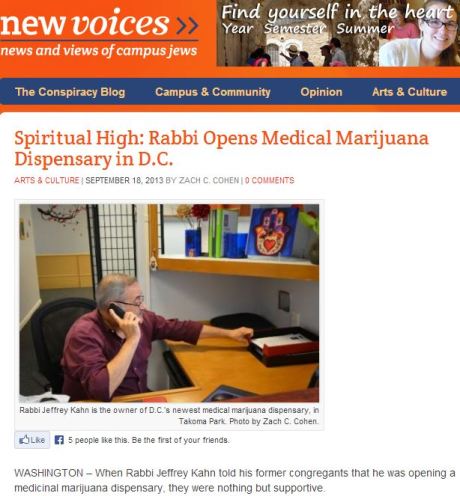I was in 4th grade on Sept. 11, 2001.
While most of the world knew what had happened in New York, D.C. and Pennsylvania, I was in the dark until about 3 p.m.
The only hint I got that something was off: We held recess indoors on that beautiful sunny day.
I met both Mom and Dad at home right after school. I remember thinking how strange that was, since my father was never home that early.
They told me everything as we huddled around the kitchen counter. About the planes. About the towers. That my aunt living in New York City was safe but that friends of friends who worked in Manhattan were not.
I went to class the next day and heard the harrowing tale of how my 4th grade teacher went through the whole day without mentioning the attacks, instead continuing to teach as if the world were not crashing down around us and as she shook from head to toe. Live coverage of the attacks played in the teacher lounge but far from the eyes and ears of impressionable elementary school students. Senior school administration decided it best to let parents explain this day to their children.
I went to Hebrew School and sat in a special session with all of the grades together.I asked a question about “the World Trade Center and the Twin Towers,” and they quickly corrected me, saying they were one in the same.
I clearly did not know what was going on.
I didn’t know what a Pentagon was.
I didn’t know who attacked the U.S., or why they did it.
And I certainly didn’t realize just how much it would affect me, and the world I live in, for the rest of my life.
***

One World Trade Center, June 2013. Photo by Zach C. Cohen
12 years later, I have a much better understanding.
I’m not sure if I was clueless then because I could connect the dots (I wasn’t the sharpest kid back then) or because I couldn’t grasp the magnitude around what happened.
12 years later, I still don’t know how it has affected me.
But I do know that almost 12 years later that I’ve been affected.
I know I felt pride and awe when I saw One World Trade Center rising into the sky.
I know I felt chills when I saw the name of Dana Ray Hannon, a firefighter with Engine 26 from my hometown of Wyckoff, N.J., just across the river from Manhattan. His name has been etched into the stone for the ultimate sacrifice he made that day. I still remember singing with that same 4th grade class at the unveiling of his memorial at Wyckoff’s fire department headquarters.
I know I felt empty saw the gaping hole where a tower used to be, the footprint massive, deep and eerily silent with the exception of a thunderous waterfall.

The World Trade Center memorial in June 2013. Photo by Zach C. Cohen.
And I cried.
***
12 years later, I’m still afraid. Not of terrorists. And certainly not of Arabs and Muslims.
The only thing we have to fear is fear itself.
As a journalist, I do not hold many biases or opinions so I can look at political issues with a clear head and a keen eye.
But I have no problem publicly standing by the First Amendment and basic human decency.
As a journalist, it is my duty to defend freedom of speech.
As a Jew, it is my duty to defend against bigotry.
As an American, it’s my duty to defend both.
I’m still afraid because, like I wrote in 2010 for AmWord and again for the Suburban News, Islamophobia is still rampant in the United States, and Arabs and Muslims are still targeted unfairly for sharing a heritage with the 19 men who attacked the United States 12 years ago. Just earlier today, Pastor Terry Jones was arrested with thousands of kerosene-soaked Qurans.
And I’m still afraid for our ability to speak up on exactly these issues. If I was as smart as Jeff Jarvis, I would say:
I am disgusted at every revelation from Edward Snowden, Glenn Greenwald, and the Guardian about the massive violation of essential rights committed by the NSA. I worry greatly about the chill this puts on speech, on assembly, and on the advancement of technology. I don’t blame the spies. Cats must kill, spies must spy. I blame our leaders for not doing their single most important job: protecting freedom.
…Now that the 9/11 Memorial is complete, every activity of the day is being held there, closed behind wire and walls. I could barely hear the bagpipes in the air.
That the 9/11 Memorial and today’s remembrances are held in a fortress is emblematic of the wrong path we have taken these 12 years: not toward openness but toward isolation, not toward generosity but toward defense, not toward principles but toward expediency. We should be closer to freedom. We are farther away.
I’m afraid because we have not learned the right lessons from 9/11. We have not learned tolerance and peace.
***
All day has felt like a blur to me. In Costa Rica, 9/11 is not exactly on the national psyche, which in and of itself was a surreal experience.
My only connection to 9/11 today was the flood of comfort on Facebook from friends to those who lost loved ones on 9/11, as well as an incredibly moving story of grief and confusion.
But with an event as gigantic as 9/11, both in scope and import, it makes me wonder if condolences are sufficient.





